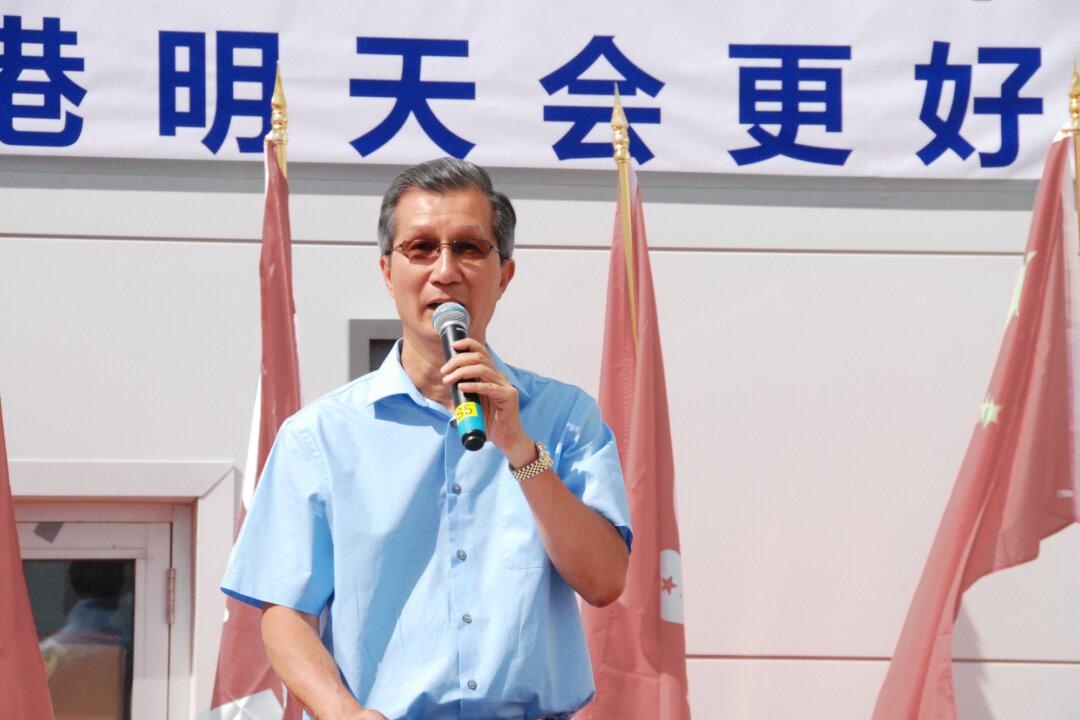Former Ontario cabinet minister Michael Chan has tossed his hat in the ring for York regional councillor in the upcoming Ontario municipal election. Chan, who served in the Ontario Liberal government, had been the subject of a warning from the Canadian Security Intelligence Service (CSIS) related to China while in cabinet, according to The Globe and Mail, and has in recent years spoken publicly in favour of Beijing’s national security law for Hong Kong.
Chan announced his intention to run for councillor in the York Regional Council on Aug. 8.





